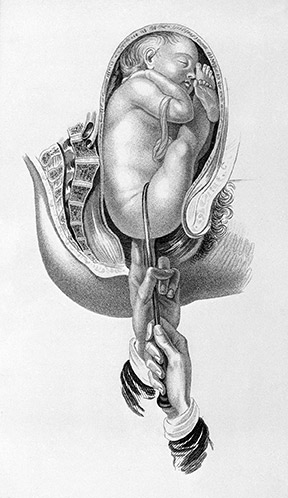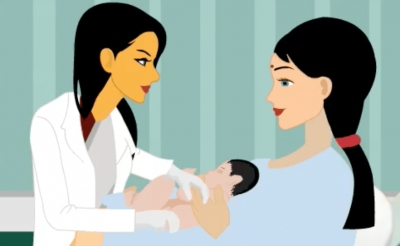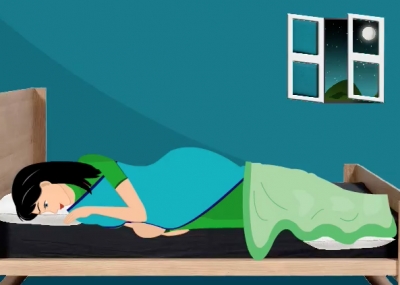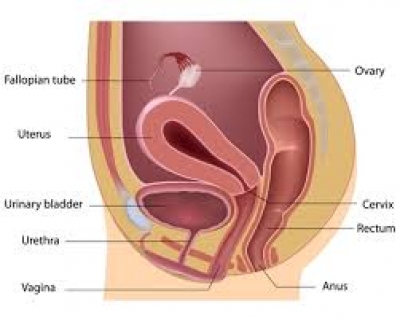Cephalic presentation is again of four types
- Vertex
- Sinciput or forehead
- Brow
- Face
- Chin
Breech presentation can be
- Frank breech - A frank breech is a breech presentation where the baby’s legs are up next to its abdomen, with its knees straight and its feet next to its ears. This is the most common type of breech.
- footling breech - When one of both the feet of the baby are born first
- Complete breech - when the baby appears as though it is sitting crossed-legged with its legs bent at the hips and knees.
Footling Breech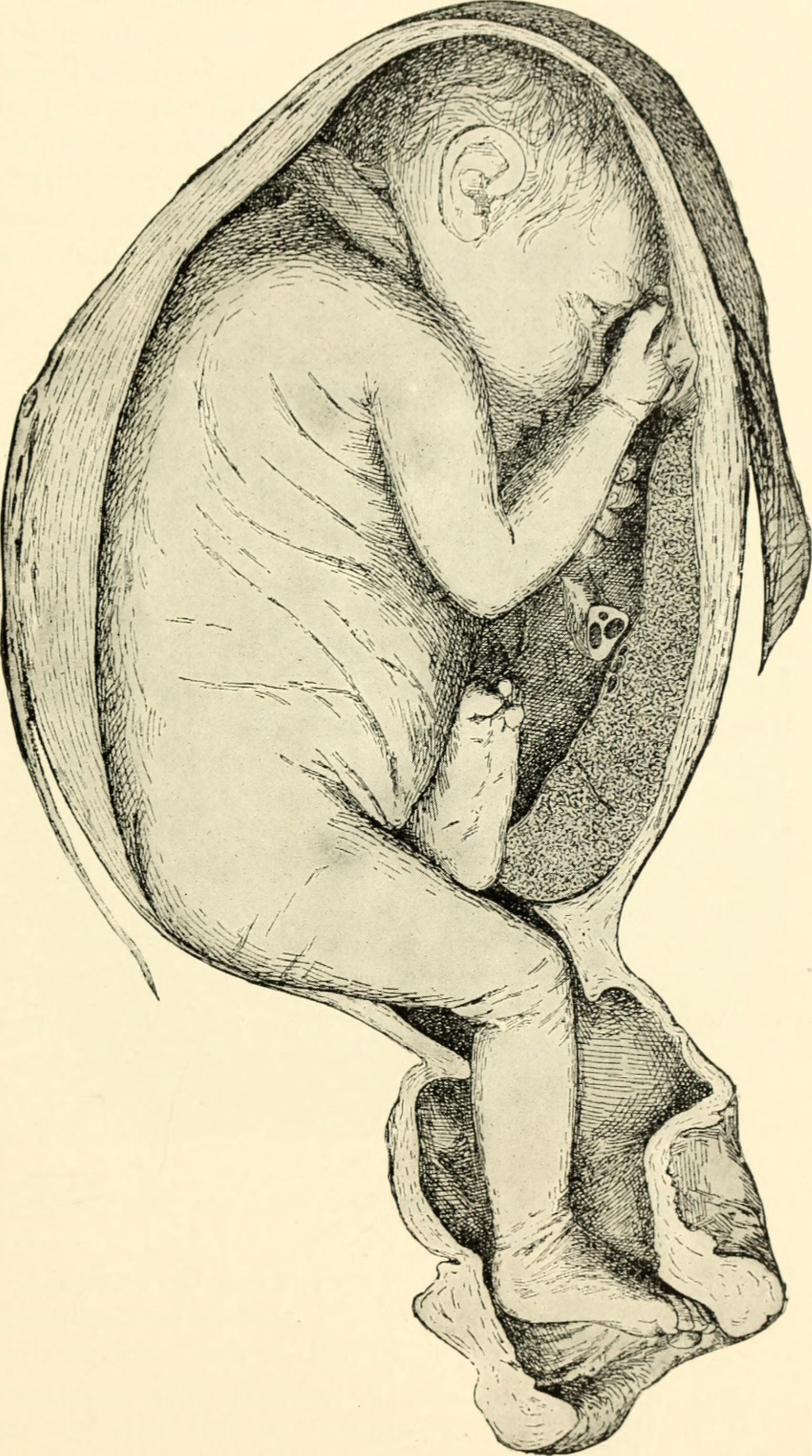
Shoulder presentation:
1. Arm
2. Shoulder
3. Trunk
If by week 36 the baby is still in breech then the chances of it becoming cephalic are less. 3 to 5 % of births are breech presentations while the rest 95% are usually Cephalic presentations.
Breech presentation can occur due to various factors -
- Fewer movements of the baby
- Lesser space inside the uterus for the baby to move
- Twins
- Placenta previa
- Maternal complications
Will breech presentation mean Cesarean section?
During normal labor, when the baby is in head down position, the head of the baby comes down first and with the dilatation of the cervix is delivered first. But in breech presentation, especially if it is a footling breech where the foot of the baby is seen down, the cord can sometimes get in between and get compressed and because the baby depends on the cord for its oxygen supply, and if the baby’s legs and buttocks are out but there is delay in delivery of the head then it can cause oxygen deficiency in the baby. In preterm babies the diameter of the head may be larger than the diameter of the buttocks, i.e the buttocks of the preterm baby is smaller and may come out easily while the head of the preterm baby may be larger than the buttocks and may get stuck. Thus it is more difficult to deliver a pre-term breech baby than a term breech baby. In full-term baby the diameter of the buttocks will be almost equal to that of the head. Oxygen deprivation may occur from either cord prolapse or prolonged compression of the cord during birth, as in head entrapment. If oxygen deprivation is prolonged, it may cause permanent neurological damage (for instance, cerebral palsy) or death.
The frank breech has the most favorable outcomes in vaginal birth. If the woman has delivered vaginally before the chances of vaginal delivery this time with breech presentation may be possible. During vaginal birth, if it the cephalic or head down first, the head usually molds itself to the pelvis of the mother and it is easier for vaginal delivery. That may not be the case with breech presentation.
If the size of the baby is big then vaginal delivery may not be possible, so is the case if the maternal pelvis is small and baby is big...this is called cephalo- pelvic - disproportion.
So discuss with your doctor and make a decision. If your doctor feels that you may need a C-section then there may be a reason for it and it is better to go with her decision.

